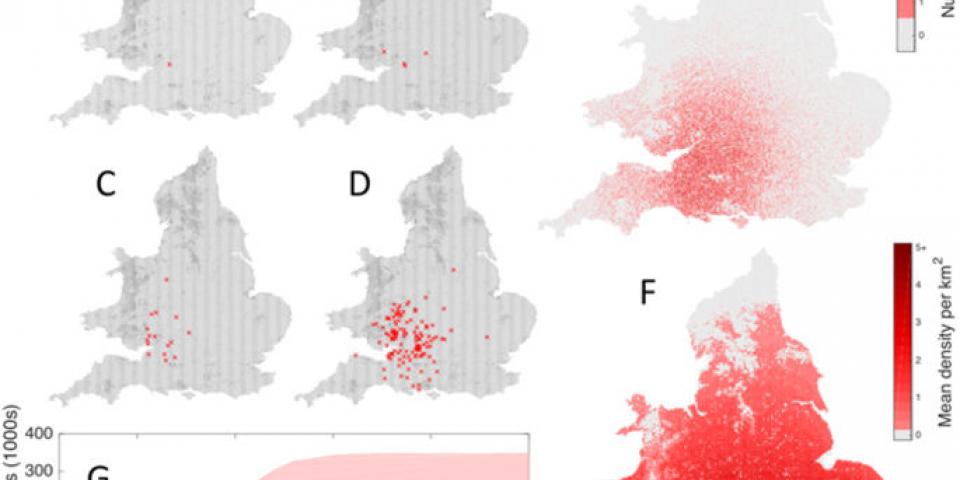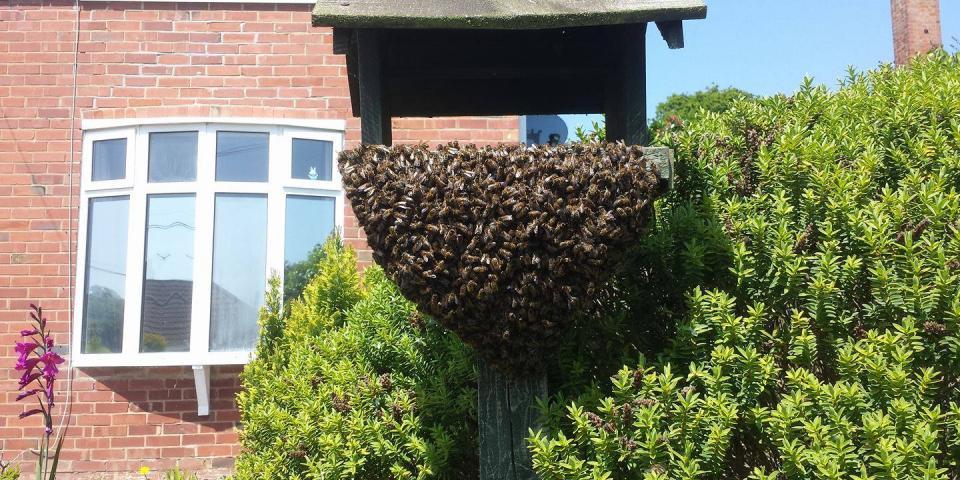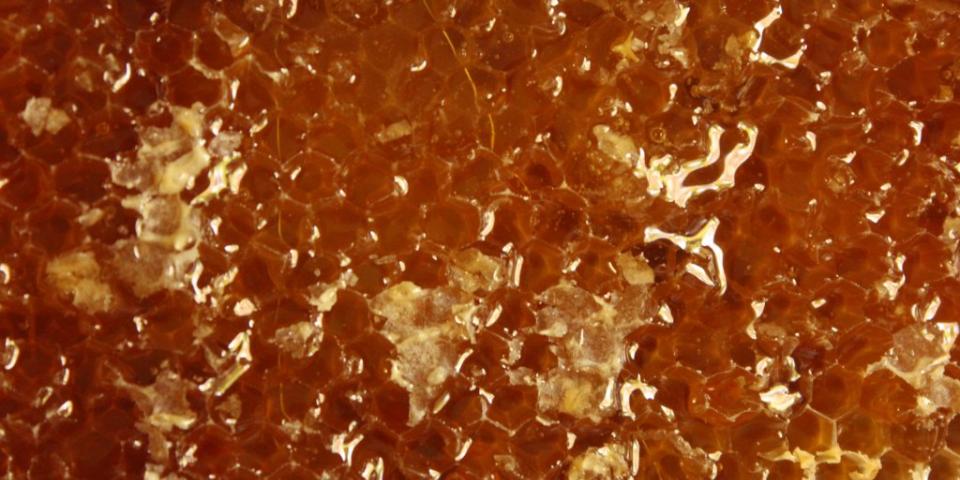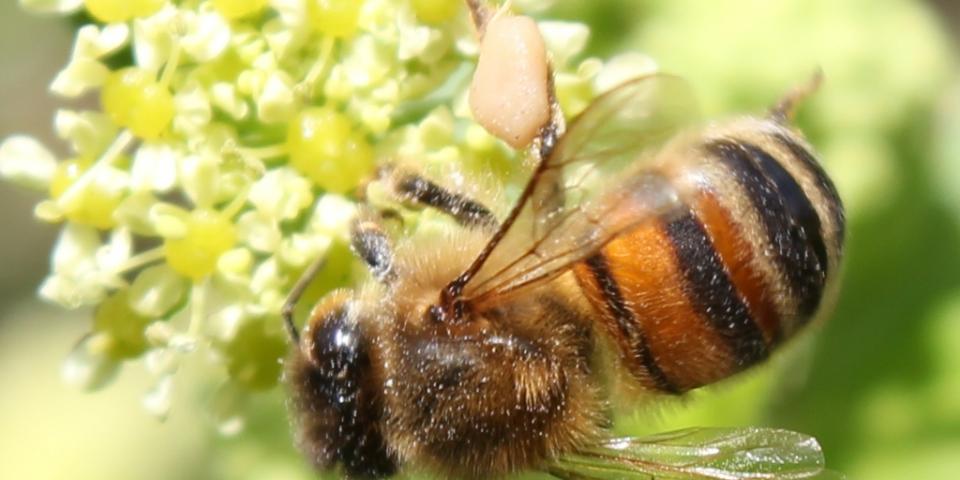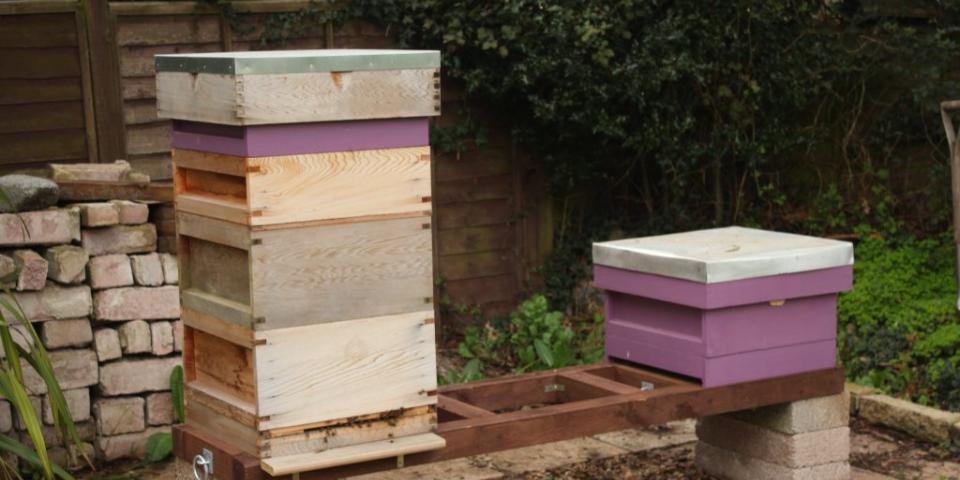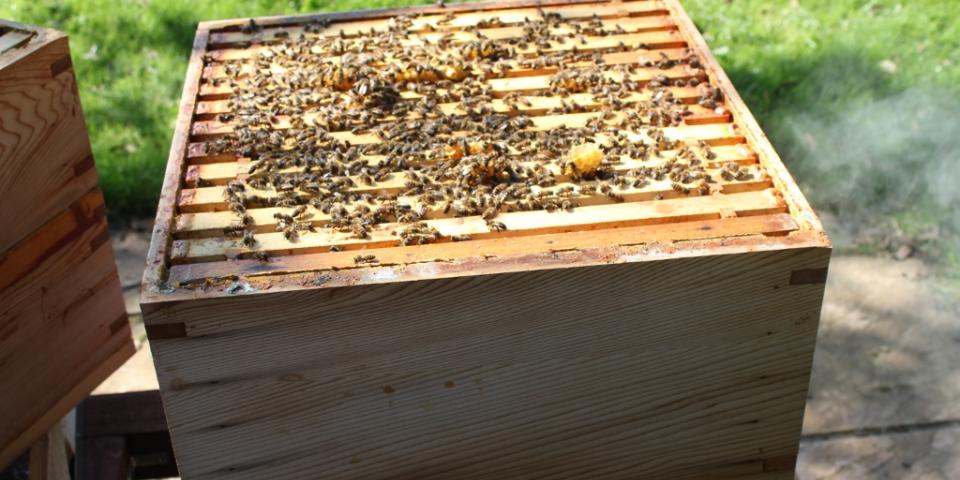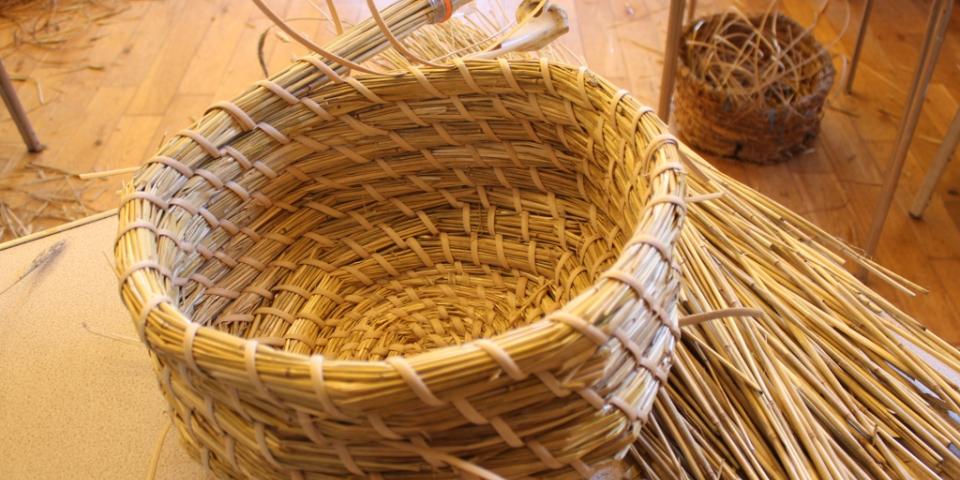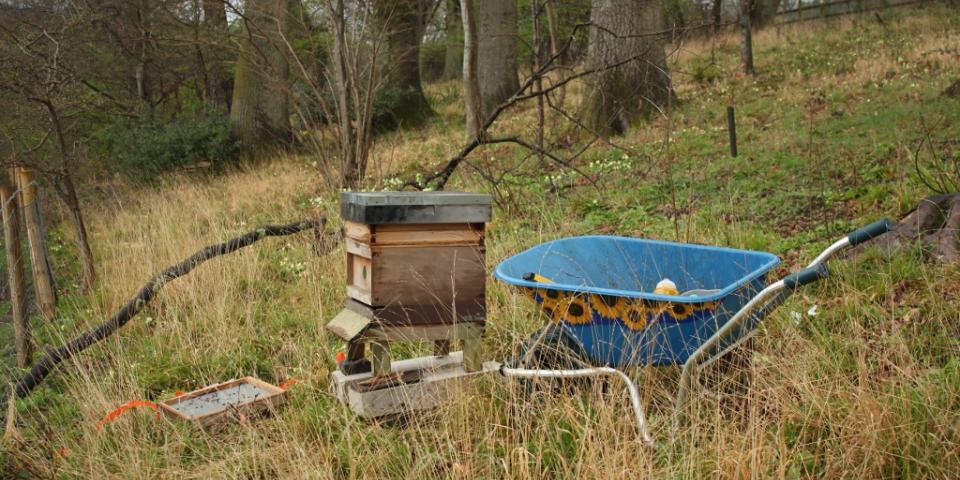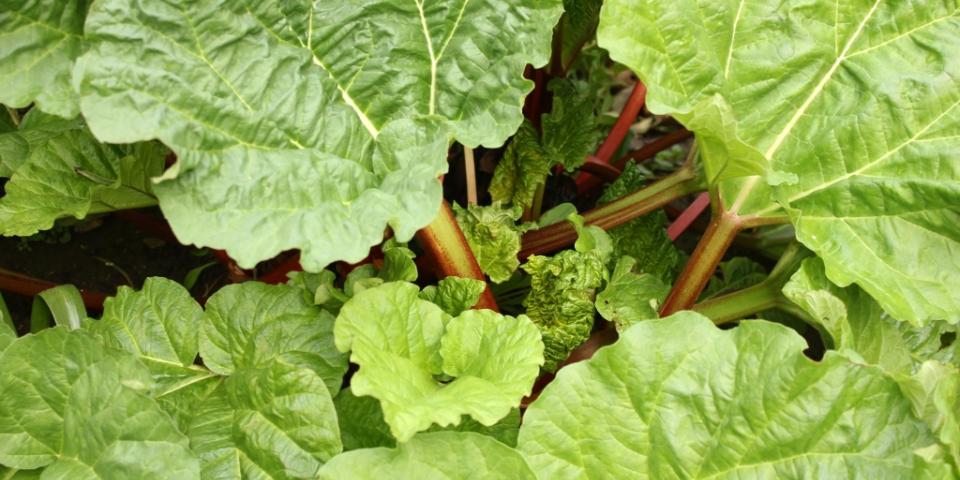- Posted By: beekeeper
- Comments: 0
Bees and bandages
The months of June, July and August are a busy time for beekeepers. There are the weekly inspections of all your colonies to look out for signs of swarming and to take measures to prevent, such as doing an artificial swarm, so that your bees don't become a nuisance to any neighbours. We also need to keep on top of the varroa mite levels in colonies, which is a constant battle, as our honey bees Apis mellifera have no natural defence mechanisms and could very easily succumb wiping out whole colonies.


